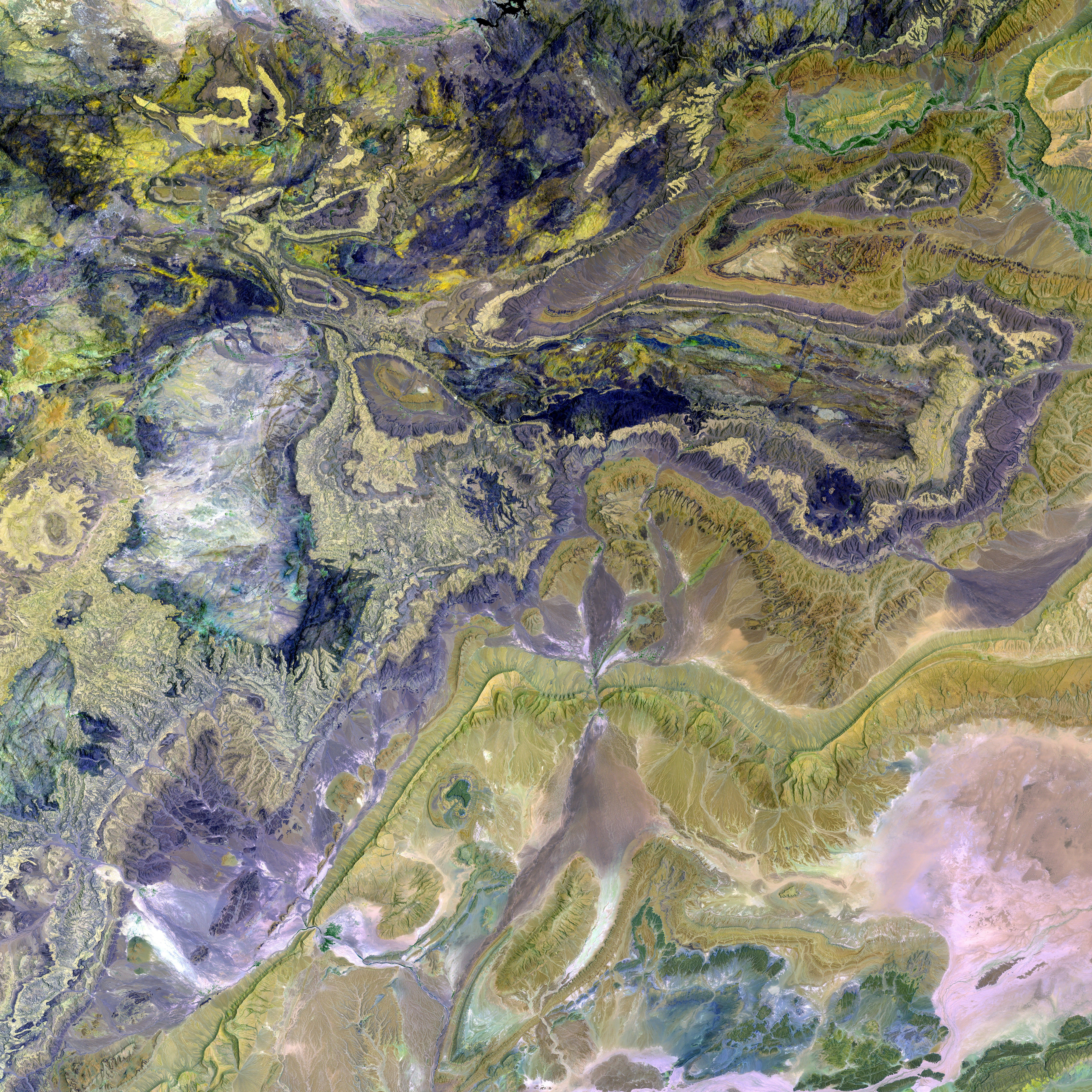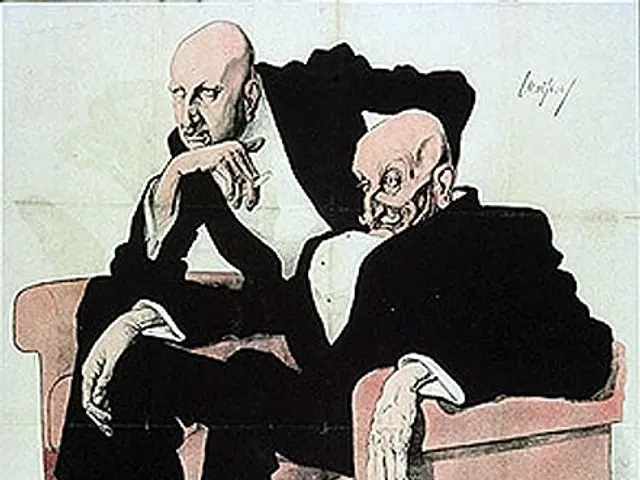Friendship Treaty: A Step Towards Strengthening Europe
French President Emmanuel Macron and former European Council President Donald Tusk inked the French-Polish Friendship Treaty - Macron and Tusk ink French-Polish accord, strengthening their bond of friendship
In the historical city of Nancy, the Franco-Polish Friendship Treaty was meticulously crafted, reflecting the deep-rooted connections between Lorraine and Poland. This treaty was the backdrop for a series of high-stakes meetings involving France, Germany, and Poland, collectively known as the Weimar Triangle.
With its eyes firmly set on strengthening relations with Poland, both France and Germany deemed it crucial to participate in these pivotal conversations. Recently appointed Chancellor Friedrich Merz (CDU) embarked on his first foreign excursion, visiting Paris and Warsaw on Wednesday, to partake in these crucial discussions.
The Power Behind the Weimar Triangle
The Weimar Triangle's purpose is to bolster cooperation within Europe, particularly in light of current geopolitical challenges. The treaty's signing in Nancy has further intensified the spotlight on these meetings.
Objectives Galore
- Fortifying European Defense: The Weimar Triangle serves as a vital platform for amplifying European defense capabilities and strategies. By collaborating on defense matters, these nations aim to establish more integrated and robust defense systems within the EU [3][4].
- Revitalizing Franco-German Leadership: The significance of the Weimar Triangle is intrinsically linked to the Franco-German axis, known as the backbone of European integration. Strengthening this axis is crucial for rejuvenating European leadership and promoting cooperation across the continent [2][3].
- Stabilizing Regional Dynamics: The cooperation within the Weimar Triangle is vital for maintaining stability in Europe, especially in the face of Russia's aggression against Ukraine and other global changes [2][4].
- Expanding Alliances: The partnership forged between France and Poland demonstrates the nations' capacity for forming strategic international relationships, complementing existing ones without jeopardizing them [5].
Post-Treaty Significance
- Complementary Alliances: The treaty underscores that France, like other European nations, forges multiple alliances, fostering a blend of strategic engagements across Europe and beyond [5].
- The Weimar Triangle as a Strategic Platform: The meetings provide a dedicated platform for France, Germany, and Poland to address critical issues such as defense, security, and economic cooperation, enabling them to navigate intricate geopolitical landscapes [4][5].
- Cohesion within the EU: The Weimar Triangle plays a pivotal role in fortifying the EU's cohesion, encouraging cooperation among member states. This is vital in a time when Europe confronts numerous external challenges [2][4].
In essence, the Weimar Triangle offers a strategic framework for bolstering European defense, rejuvenating leadership, and maintaining stability across the continent. The Franco-Polish treaty signifies the importance of diverse alliances and strategic cooperation within the EU. This convergence underscores the shared goal of fostering regional harmony in an ever-evolving global order.
- The Franco-Polish Friendship Treaty, signed in Nancy, serves as a catalyst for increased cooperation with the countries of Central and Eastern Europe, as it forms the foundation for the Weimar Triangle.
- Chancellor Friedrich Merz (CDU) emphasized the importance of cooperation with the countries of Central and Eastern Europe during his first foreign excursion, visiting Paris and Warsaw to participate in the crucial Weimar Triangle meetings.
- The Weimar Triangle is a crucial platform for strengthening cooperation with the countries of Central and Eastern Europe, as it facilitates discussions on critical issues such as defense, security, and economic cooperation.
- By strengthening alliances with the countries of Central and Eastern Europe through the Weimar Triangle, France and Germany aim to bolster European defense capabilities and strategies, thereby fostering more integrated and robust defense systems within the EU.
- The Weimar Triangle also plays a pivotal role in maintaining stability with the countries of Central and Eastern Europe, particularly in the face of regional challenges such as Russia's aggression against Ukraine and other global changes.






